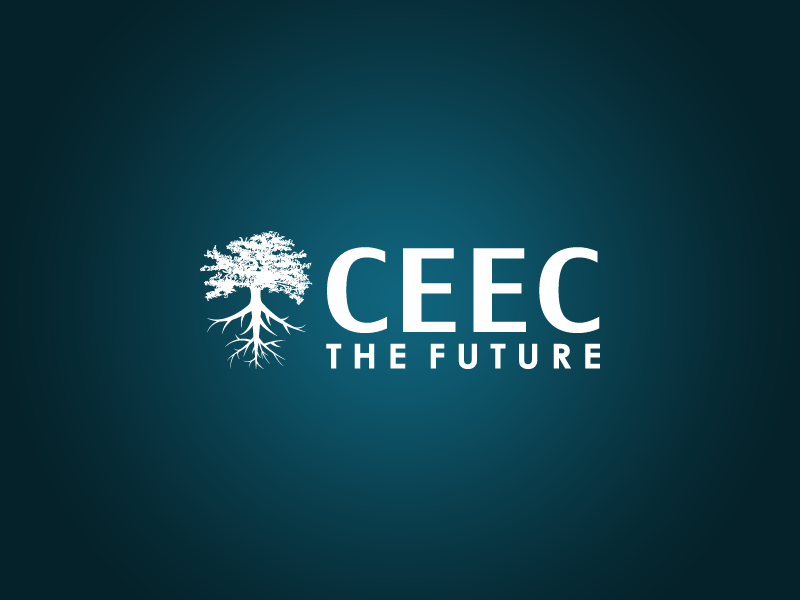Projects that introduce new technologies or processes have the best chance of winning support when backed by a detailed business case: especially when developed using financial tools and approaches that are familiar to key decision makers. However, few of us know how to define the boundaries of that business case, and where to source the data needed to make a compelling argument.
The CEEC team have identified helpful open access tools for this purpose. There are two main types.
One is focussed on assessing the financial performance of projects, enabling project champions to better articulate the benefits to support their implementation.
The second set of tools relates to energy management systems and the current global roll out of ISO 50001. ISO 14001 set the global benchmark in environmental management systems and became the means by which multi-national companies ensured consistent standards of environmental performance across all operations. ISO 50001 has been built using ISO14001 as a framework. In essence, the energy management standard (50001) adds detail to the energy stream of the environmental management standard (14001).
Projects in isolation will not in themselves deliver a sustained improvement. Energy management systems underpin sustainable and ongoing improvements in both energy efficiency and energy performance.
Australian resources for assessing project outcomes
The New South Wales Office of Environment and Heritage (OEH) has an extensive range of online tools for calculating the financial performance of energy efficiency projects. In addition to changes in energy costs, these models consider depreciation and tax implications as well as any potential income from a future carbon scheme. The case studies include assessment of Net Present Value (NPV) for the projects under consideration.
Download the case studies from the web page to find a spreadsheet for your own use. Case studies 6 & 7, the high efficiency motor and variable speed motor case studies, may be most relevant. The details included in these models reflect the minimum data required to make an informed decision.
International collaboration to support globally uniform implementation of energy management systems
The Energy Management Working Group (EMWG) seeks to accelerate broad use of energy management systems (EnMS) in industry and commercial buildings worldwide. Wide adoption of these systems will deliver energy, economic, and sustainability benefits to companies, communities, and countries around the world.
The EMWG’s member governments are working together to identify and evaluate EnMS activities, opportunities, strategies, and best practices - working with industry and others as appropriate. By sharing their knowledge, expertise, and experience, EMWG members:
- Build the Business Case: Make the private sector aware of the business case for energy management and its value in maintaining competitiveness.
- Provide Support and Resources: Provide guidance and resources to support implementation of energy management in EMWG countries.
- Set Policy: Establish energy management as a key energy efficiency strategy for the industrial and commercial buildings sectors.
Participating governments include Australia, Canada, Chile, China (observer), the European Commission, India, Indonesia, Japan, Korea, Mexico, South Africa, Sweden, and the United States [Secretariat].
